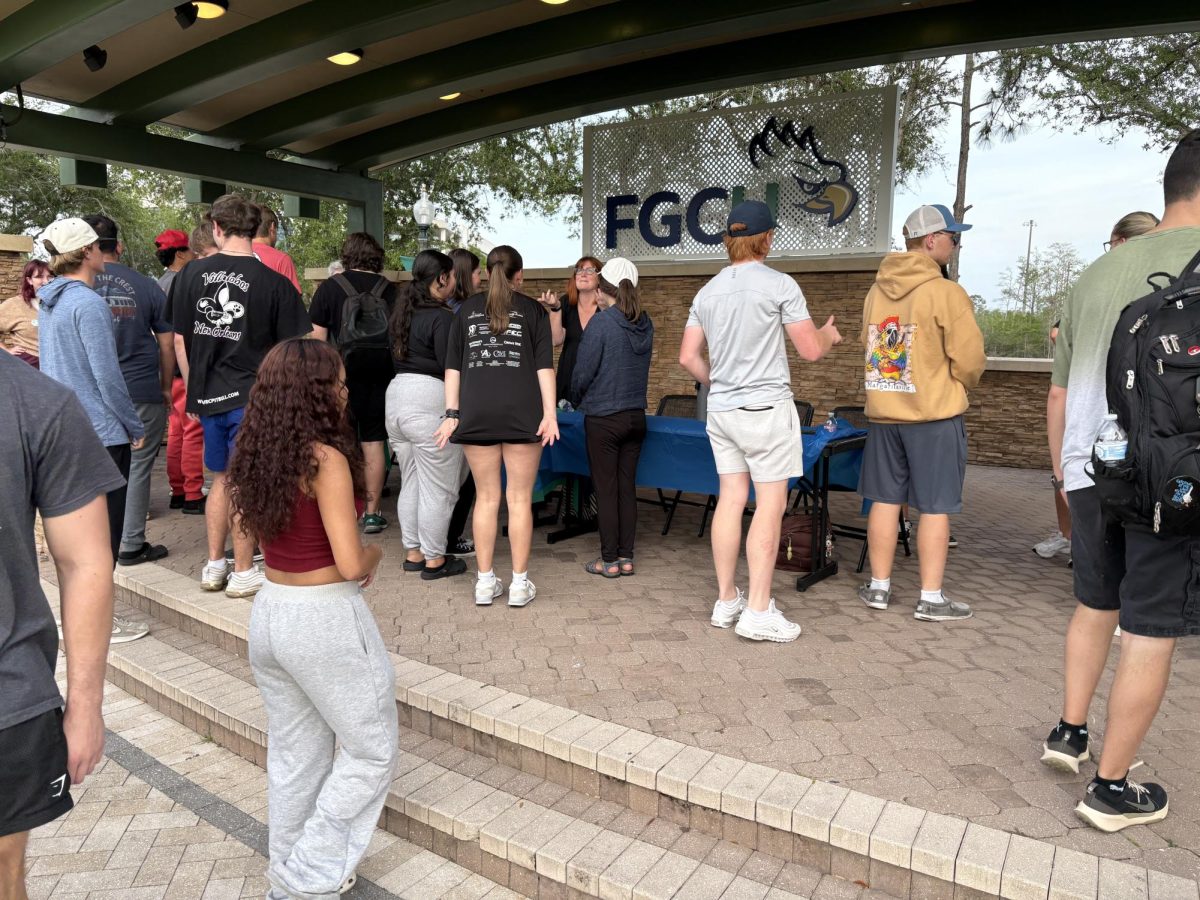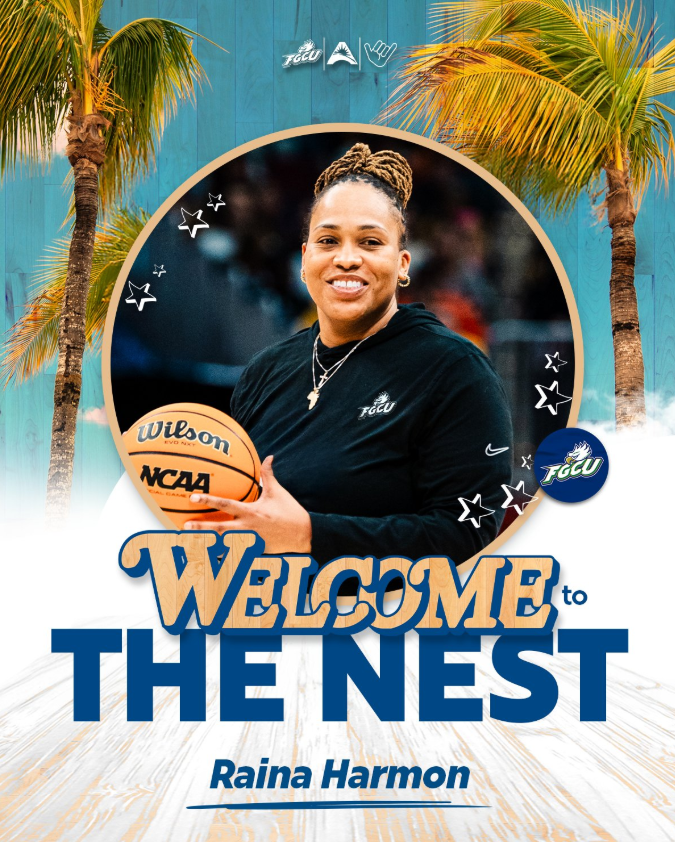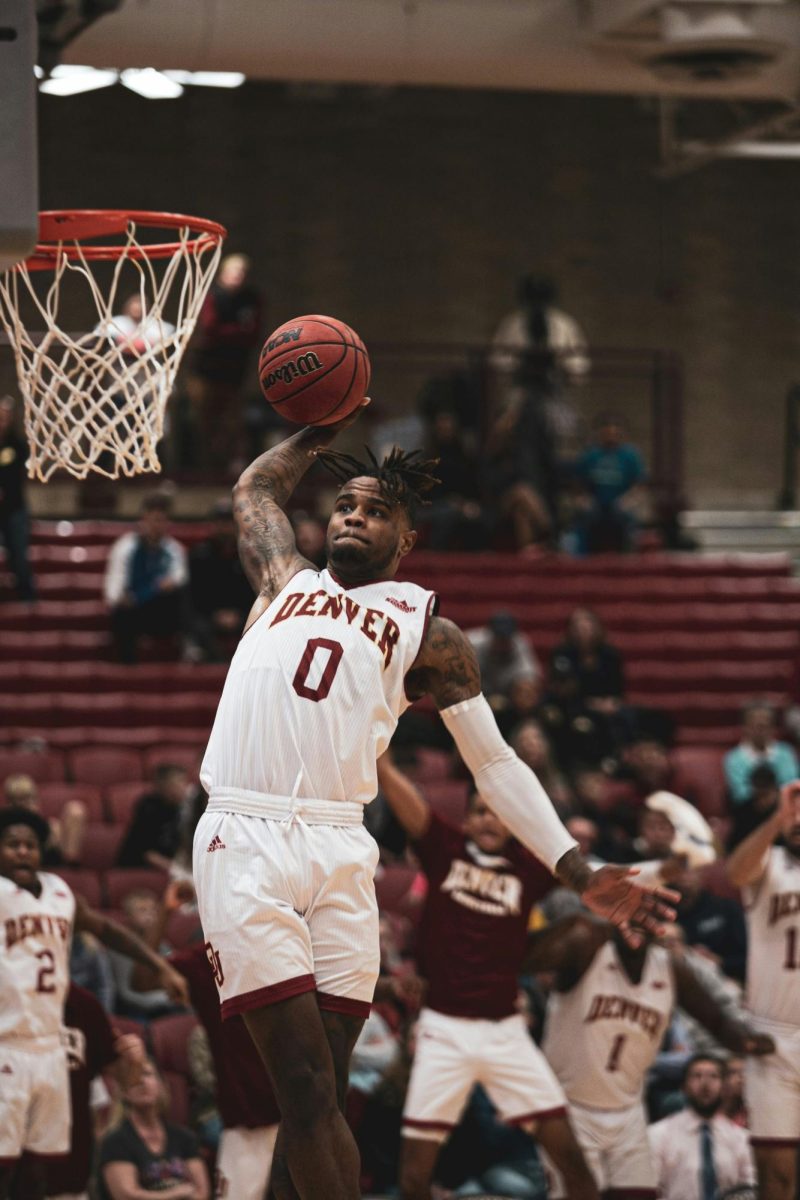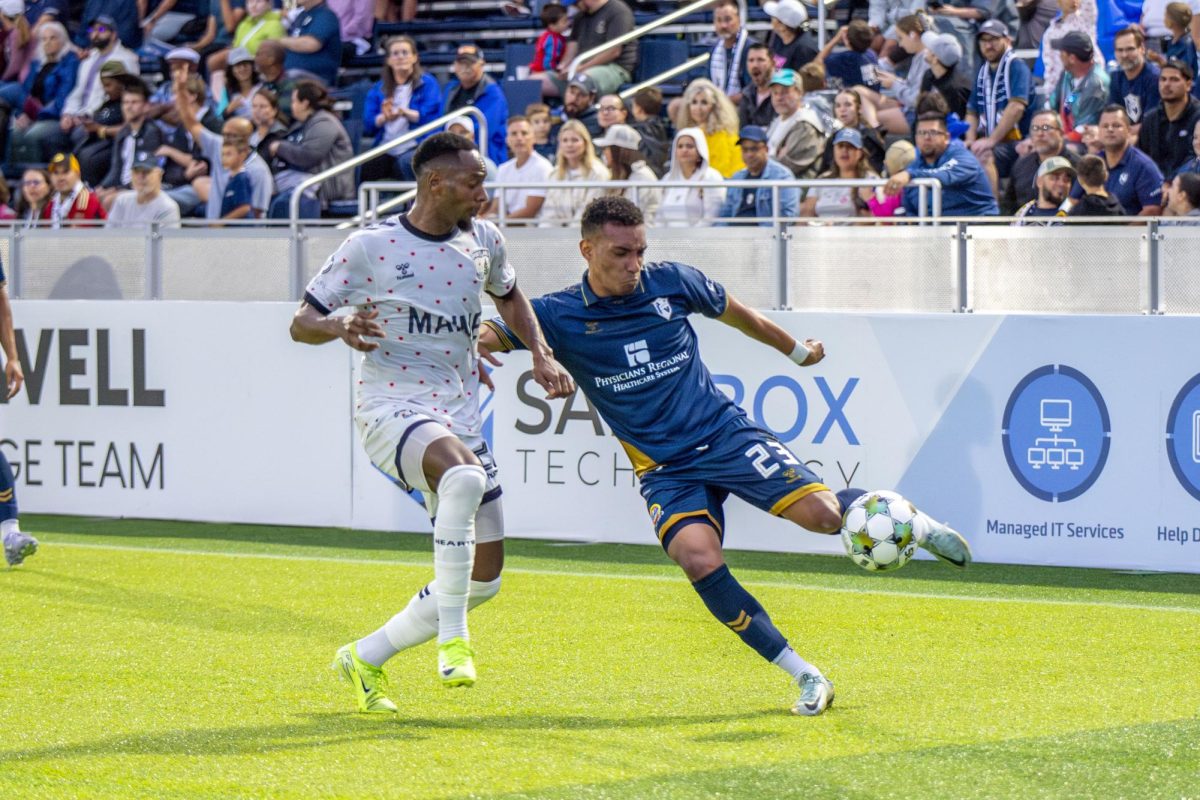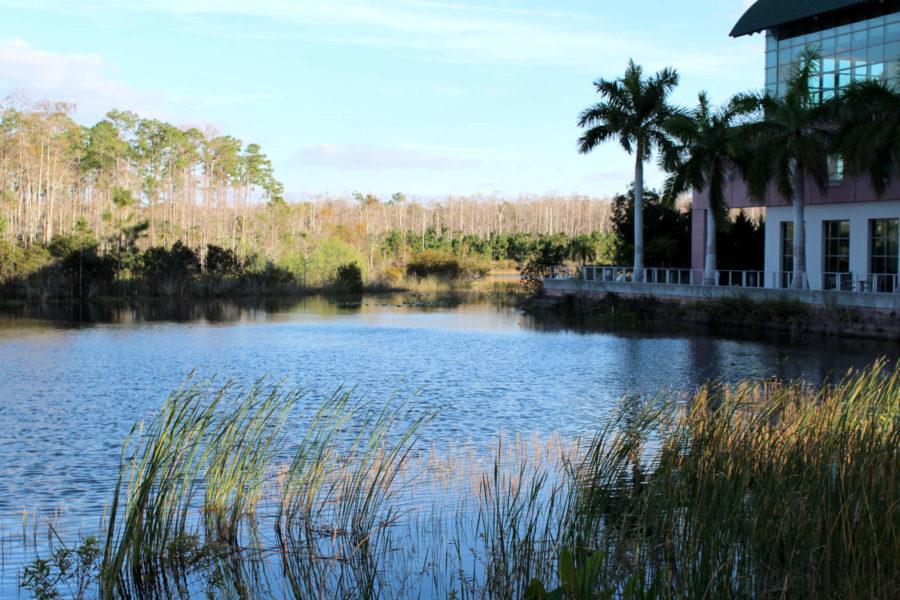More than two-thirds of planet Earth’s wildlife could go extinct by the end of the decade, according to a new report from the World Wildlife Fund.
Animals are thus in danger on even FGCU’s campus, which is built on preserved land.
“From a global perspective, it’s pretty clear we are in our sixth mass extinction,” FGCU biology professor John Herman said. “Extinction is a natural process, along with evolution. The rate is supposed to be balanced out.”
FGCU is known for its wildlife and nature trails on its campus, so any wildlife loss around campus could be a hindrance to the university.
“If you look at the campus right now, there is actually more wildlife, which would suggest greater preservation,” Herman said. “But, around FGCU there are huge amounts of development taking place, so we are actually pushing them into our campus, creating an influx.”
According to Herman, wildlife activity, like that of Florida panthers, has increased on campus from there being about only one reported observation per semester to there now being around 10 reported observations.
Herman said the wildlife activity is misleading because people are limiting wildlife habitats in the same area where FGCU is located, such as Miromar.
“We have a duty as human beings to protect wildlife since we are partially responsible for its destruction,” Herman said.
Herman said he believes it is not too late for improvements to be made in species preservation.
One of the main things FGCU plans to improve on and keep doing right is their outreach in the community.
Students and faculty hope to educate the younger children in grades K-12 and also adults who may not be aware.
“The focus has to be education when it comes to improving the biodiversity on campus,” FGCU colloquium professor Brent Jackson said. “Colloquium is our best example. No other university has a class like this. It’s a graduation requirement, which allows FGCU to send more well-rounded individuals out into the world.”
Jackson said the first step into creating conservation plans is doing field studies by biologists to see how organisms react to changes in their habitat and knowing how species can survive in certain habitats.
“You can’t take care of something if you don’t know it’s there,” Jackson said. “We need to budget our conservation efforts more wisely. You can throw money at something, but that doesn’t always fix the problem.”
The College of Arts and Sciences will be hosting a biodiversity conference on March 7, 2017.
The conference will feature internationally recognized specialists in the biodiversity field talking about how to tackle the current biodiversity crisis in Florida.
“FGCU students can be a driving force for education and conservation,” said Jayne Johnston, a recent FGCU graduate now working as a Public Information Specialist with the Florida Fish and Wildlife Conservation Commission. “Access to accurate information and giving people purpose and validation that no matter how small their contribution, they are needed, they matter and they are appreciated.”


